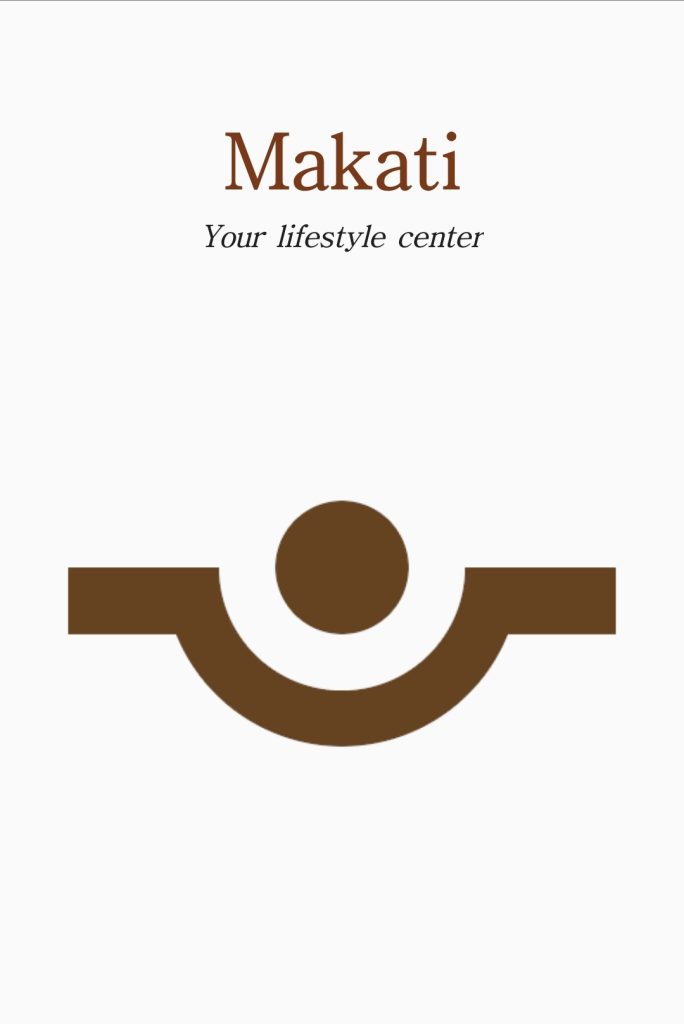By Agatha N. Biira
With every other day that passes, there is a growing need to get services delivered easily. For Arthur Matega, this is something he has been working on solving ever since 2017.
Having spent some time in the US, where everything was mainly data-driven, Arthur Matega, a 57-year old, found it strange to track down a broker to find a house when he came back to Uganda after 13 years abroad.
He realized that there was a need for convenience in the daily life of a Ugandan. Matege decided to utilize his knowledge of database management to create an app, “Makati,” that would ease access to various services.
Usually, people develop an app to do a specific role or as a solution to a specific problem. But this is not the case for Makati. It is a multi-function platform targeting internet users that are ready to explore and use the online space for much more than just social media. It is available to anyone with a smartphone and an internet connection. With over 250 downloads, Makati has 25 active users currently.
The app has various features that serve different functions, such as a public fundraising function; a buy or sell option where businesses can advertise their products; and a security function where someone can share their location and alert people in case of danger. The platform also has an option of rides and delivery services for goods purchased within the application.
The app is limited to Uganda and Rwanda because of the accessibility of mobile money. “I have Airtel and MTN as my service providers, which is different than some countries,” Matega said.
Makati started as a web-based program in 2014, and Matega’s first attempt was to list real estate on the website. “I felt like this was an area I would put my skills to use. I wanted to make it easier for people to identify property in Uganda,” Matega said.
However, Makati didn’t survive long as a website. There were challenges with Makati showing up in search results on Google, which made it hard for the website to operate. With this, Matega decided to develop an app instead, so as to increase visibility and monitor the number of people accessing the services.
There are already sellers on the app. For example, Green Cave Restaurant, Lady’s Choice, and riders.
Makati operates on the basis of the Global Positioning System (GPS), which is still a challenge since addresses are barely used in Uganda. The app identifies services within someone’s locality depending on the radius, and to get more service providers, one can increase their radius.
Besides the challenge of using GPS, Matega said there is still resistance to new ideas in the community. “Using an app to buy food is still new to most people, and convincing them to try the app is proving to be hard,” he said.
Matega was previously a medical doctor who always had an interest in technology and decided not to go back to medicine when he came back to Uganda in 2009. He worked at Rubaga Hospital (1989–1992) before joining the Joint Clinical Research Centre in 1993. In the same year, he pursued a Certificate in Database Management at Makerere University before leaving for the US in 1994.
Matega hopes to use Makati to make services more accessible to the general public. “Everything seems to be done by big brands, which leaves small entities with no say in the economy.” Unfortunately, these are foreign companies, and yet we can do these things too, “he said.


